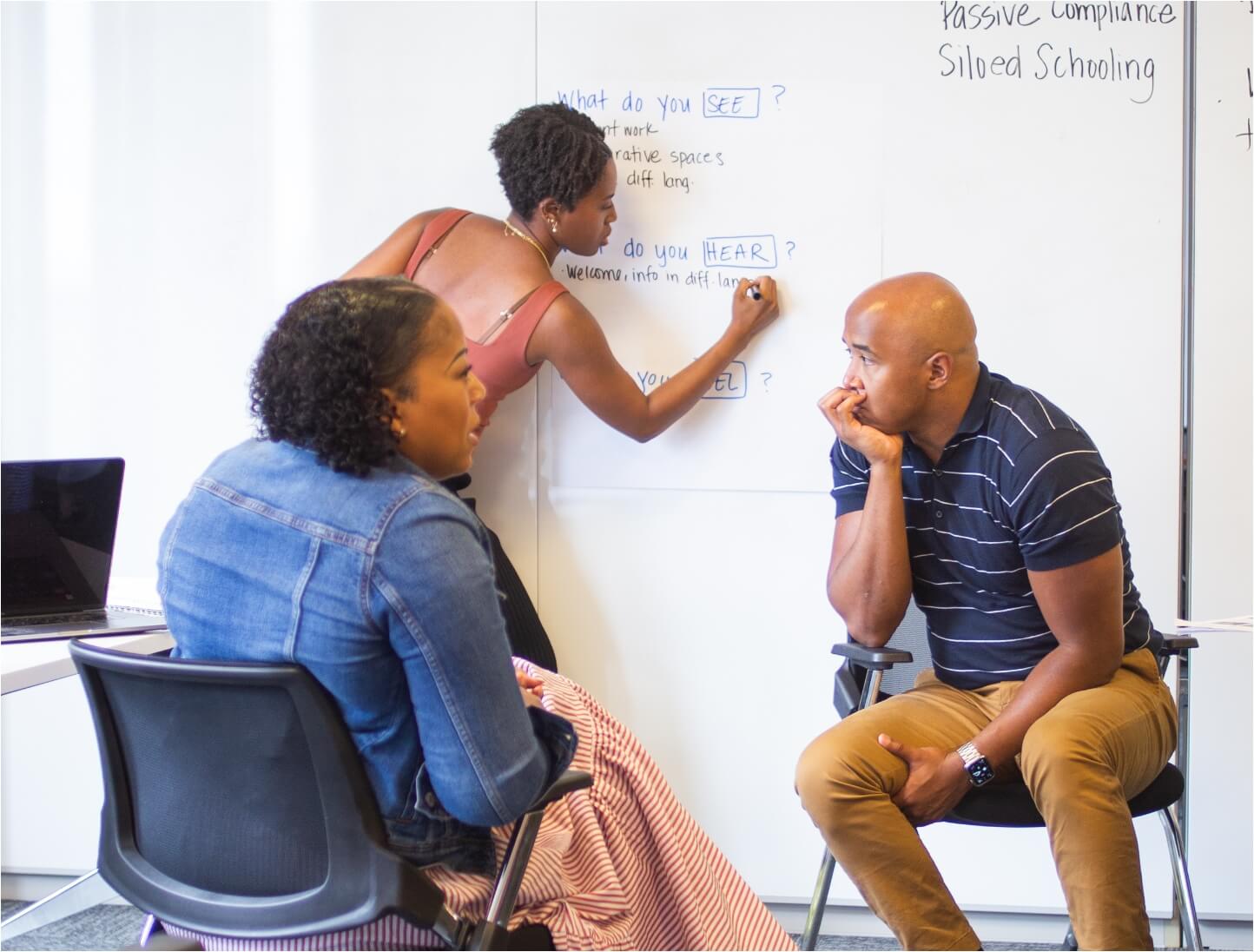Teacher Preparation


Every Unit is designed to include a robust set of teacher resources.
Unit plan: Explains the driving question and describes the culminating project. Includes supporting materials for the creative artifact, written commentary, exhibition, and practices that support metacognition.
Standards crosswalk: Shows how the Unit ensures alignment with nationally recognized standards.
Lesson-level materials: Detailed lesson plans include handouts for every lesson as well as lesson-level adaptations and handouts for multilingual learners.
Student syllabus: Explains the Unit in student-friendly language providing a clear sense of each Units’ phases, key deadlines, and a rationale for why the Unit matters.
Rubrics: Tools for formative assessment, self and peer feedback, and grading. They use standards-based language to describe characteristics of high-quality work.
Exemplars: Student work samples that clearly demonstrate how various project elements can meet and exceed expectations for high-quality work.
Partnership guidance: Every TLE Unit includes opportunities to connect with the community beyond the classroom and design an exhibition. These offer high-, medium-, and low-lift guidance on engaging with external partners.
TLE Units place demands on educators to think differently about classroom dynamics and cognitive lift, and require curriculum-based professional development and intellectual preparation. Each TLE Unit is accompanied by the following supports for teachers and coaches.
Unit Unpacking: One full-day implementation training where teachers experience key lessons and put themselves in students’ shoes to complete the project, culminating in a mini-exhibition. Teachers also work to build critical disciplinary knowledge and skills, map out Unit pacing, and practice core elements of the Unit.
Intellectual Preparation: Two virtual sessions during Unit implementation to review student work, practice core thinking, identify instructional strategies that support rigorous and authentic student thinking, and dig into activities, skills, and concepts most essential to each phase.
Springpoint also offers tailored coaching and professional development to help educators, schools, and districts get the most out of TLE Units or explore deeper engagement with transformative learning.
Springpoint organizes cohorts around individual units, assembling educators who will be teaching a unit in a community of practice. Cohort opportunities include intellectual preparation for teaching the unit, regular peer feedback and review of student work, general office hours, and cultivation of bright spots to catalyze broader instructional shifts.
Summer 2025 cohort info coming soon
Want to learn more or arrange for a professional development experience tailored to the needs of your classroom or school community?
